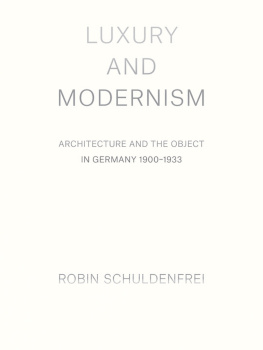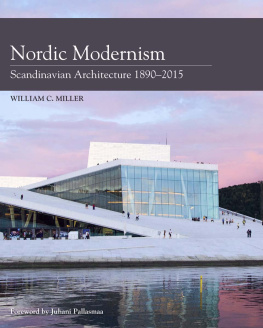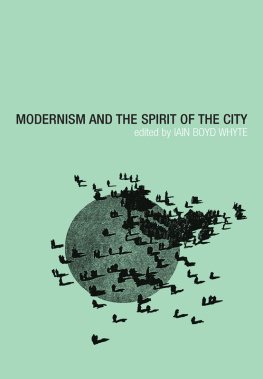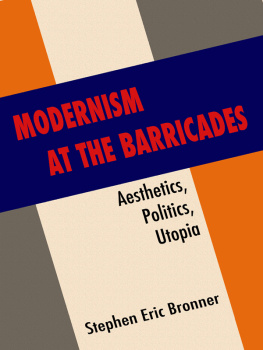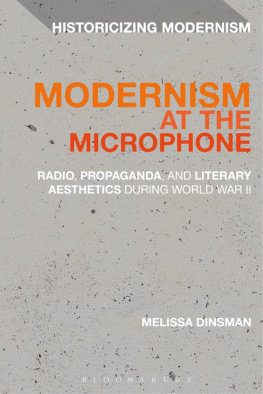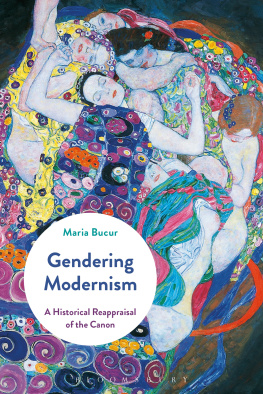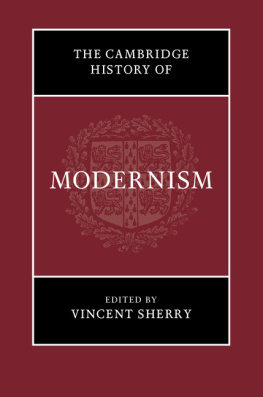Acknowledgements
Thank you to everyone who read and commented on the manuscript or on earlier versions: Nina Power, Anindya Bhattacharyya, Dominic Fox, Simon Reynolds, John Jourden, Tariq Goddard, R. William Barry, Mark Fisher, Esther Leslie, and especially Roger Gathman and Benjamin Noys.
Thanks to Vladimir Sedach for translation, to Michael Carr for invaluable reproductive assistance, and also to Duan Makavejev for kindly giving permission to use images from his films.
Belated thanks to Maggie Fricker, both for constant support and for setting a militant example, and to Steve Hatherley and Lorna Maughan for keeping lots of books around. In memoriam: Peter Maughan.
Much appreciation due also to Nikolai Onoufriev and Richard Pare for kind permission to use their photographs, and apologies to Richard for the transfer of his colour photographs to monochrome in this book.
Ta especially to my esteemed comrades Lydia Thompson, Douglas Murphy and Joel Anderson, for giving their time, energy and considerable talents to this project.
London, 2008.
Afterwards
The Unmaking of a Counter-Culture
Thats where money dont matter
In the future
Material things, they dont matter
In the future
I travel in a time machine, Im in the future
Wiley, Ice Rink (2003)
So what, you might have the right to ask, is all this for ? An aesthetic Ostalgie , only this time for a past that never even came into existence? An art-historical drift through the past for the edification of those of us lucky enough to be at a safe historical distance?
A possible conclusion, and one that I want to avoid, is that this is all we can do now sift through past battles, past styles, make out of them some sort of composite, fashionable for a fortnight or two. Journey through the picturesque ruins, enjoy the naivete and idealism of the recent past, then return refreshed to a world without politics, a world without what used to be called a counter-culture. Because really, that (tainted as it is by association with the late 1960s to the point where it now evokes a sort of Easy Rider flag-and-dick-waving rather than any real attempt at counter-hegemony) is what this book is essentially about. Not the idea that possessing the right clothes and the right books makes you a political initiate, but rather Modernism itself as counter-culture, drawing on sexual politics, industrial aesthetics, critical theory, a new urbanism, in order to suggest as a tradition and as a vision the possible outlines of a world after capitalism.
For Jean Baudrillard, writing in 1971 when something called a counter-culture still vaguely existed, such an attempt was misbegotten from the outset. In a piece for the architectural journal Utopie , Requiem for the Media, he mocked the idea that the mass media have some kind of democratic, socialist teleology inherent in them a potentiality, as Brechtians might put it which are exactly the terms of these essays. Baudrillards attack centres on the contention that a reversed media would essentially exist on the same terms as its capitalist competitor. This would automatically neutralise any critical efficacy that it might have, slotting it right back into the spectacle this is the folly that content can be changed without changing form, already familiar to Marxist Modernists like Hanns Eisler or Karel Teige. Yet even they imagined that mass songs or minimum dwellings could be counter-cultural. On the contrary, a real revolutionary aesthetic strategy would be an immediate, urbanist one, based on a form in which response , as opposed to reversal, would break the rules altogether. Pace Mayakovsky, the squares should be our palettes, the streets our brushes:
Walls and words, silk-screen posters, and hand-printed flyers were the true revolutionary media in May (1968), the streets where speech started and was exchanged: everything that is an immediate inscription, given and exchanged, speech and response, moving in the same time and in the same place, reciprocal and antagonistic. The street is in this sense the alternative and subversive form of all the mass media because it is not, like them, an objectified support for messages without response, a distant transit network. It is the cleared space of the symbolic exchange of ephemeral and mortal speech, speech that is not reflected on the Platonic screen of the media. Institutionalised by reproduction, spectacularised by the media, it burst.
With this comes the truism that the revolution itself doesnt throw up a revolutionary art, and accordingly it is the aesthetics of 1927 rather than 1917 which are central to this book. Its arguable, of course, that the new models those which produce such overwhelming inanity today have far more possibility for response than did television or film. But just as xeroxing would be limited by the Xerox company, the terms of our response might be circumscribed by Blogger or Murdochs MySpace, although whether this applies to, say, Open Access software is a moot point. Baudrillards dismissal of the possibility of a revolutionary mediation strikes at the heart of any counter-cultural ambitions. Nonetheless, these essays are written in the belief that, while technology is not neutral, it can prefigure redemption through reproduction. Meanwhile, the claim that democratising the reproductive technologies, each participant of the Lehrstcke having their own apparatus, inevitably results in banality (if each of us possessed our own walkie-talkie or Kodak, and made his or her own films, we know what would result: personalised amateurism, the equivalent of Sunday bricolage on the periphery of the system) would suggest that Baudrillard had never listened to London pirate radio.
Towards a New Proletcult
Full of fictitious concern for the calamity that a realised utopia could inflict on mankind, he refuses to take note of the real and far more urgent calamity that prevents the utopia from being realised. It is idle to bemoan what will become of men when hunger and distress have disappeared from the world. Theodor Adorno, Aldous Huxley and Utopia
This is all very well but who is this for? Left Modernism was intended not just to be tendentious, but to produce effects, to do stuff. Not as a substitute for political action, but as a component of it. This isnt a book of political strategy, and isnt about to offer a solution to the grim state of the British left: but it does try to bring together certain strands, certain ideas which ought to be useful to it should it finally reconstitute or become something new entirely.
To briefly turn to autobiography again, hopefully not as self-indulgence but as illustration, the interest in Modernism exhibited here comes from a few sources. The buildings of the 1960s, dotted around my home town; my Dads book collection, with its Orwell, Sartre and books on Marxism and working class history; and a teenhood obsessed with the music press, particularly the Melody Maker , wherein mass-produced popculture might be discussed and dissected, by the likes of Simon Reynolds, Neil Kulkarni or Taylor Parkes, with the political and theoretical seriousness (if none of the ponderous prose) usually reserved for the novel and the occasional art-house film. I went from there to books by Jon Savage, Greil Marcus, with their recondite historical references and re-imaginings of the familiar past in apocalyptic, revolutionary terms. I would have had a political bent anyway for one reason or another, but these were the reasons why I ended up thinking that a new society ought not to resemble the old.
In The Road to Wigan Pier George Orwell claimed, convincingly, that the failure of an idea so self-evidently sensible as Socialism to make real inroads into British society to put it in terms he would have loathed, to become counter-hegemonic was at root a failure of propaganda. Socialism was associated with the following two tendencies, which sound rather mutually exclusive. First, the back-to-nature prigs paradise of the garden cities, sandal wearers, faddists and ruralists; and second, an H.G Wells-like science fiction machine utopianism, which often tied in with the techno-romanticism of the cult of Russia, all those Constructivist photos of glittering tractors and the Dnieper dam. Both of these are considered to be essentially alien to the British worker, and the part of the middle-classes disaffected enough to be won to the cause. The ordinary British proletarian, for Orwell, is essentially conservative, wanting little more out of life than a comfy chair, the kids playing in the corner, the dog lying by the coal fire, the wife sewing and the paper with the racing finals: a perfect symmetryon winter evenings after tea, when the fire glows in the open range, etc. That might still be true, here and there (albeit replacing the hearth with the TV), and it would be silly to object to comfy chairs and familial warmth out of principle. Yet Modernist socialists were, supposedly, bent on wiping all this out. Hardly one of the things I have written about will still be thereit is hardly likely that Father will be a rough man with enlarged handsthere wont be a coal fire in the grate, only some kind of invisible heater. The furniture will be made of rubber, glass and steelAnd there wont be so many children, either, if the birth-controllers have their way. Stop for a moment, though, and think of what constituted so much of working class culture, even in 1936: the canned music he despised, resorts like Blackpool with their shiny concrete picture palaces, iron towers and neon lights. An allegedly simple, hidebound and placid people were quite prepared to explore a Modernist environment, if it were dedicated to pleasure rather than worthy edification.


